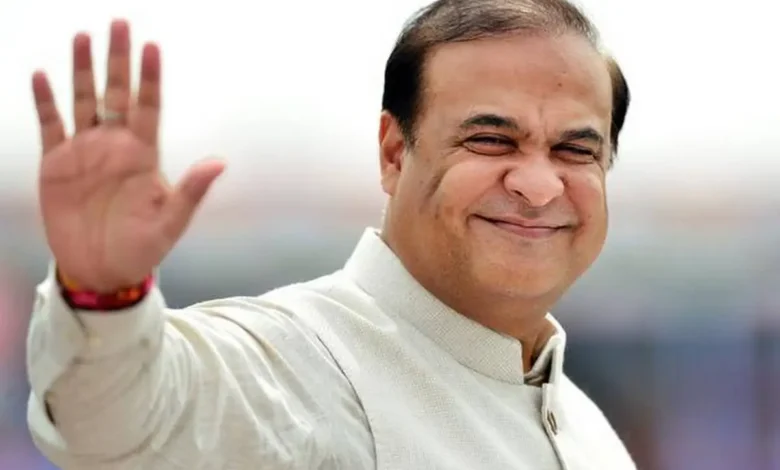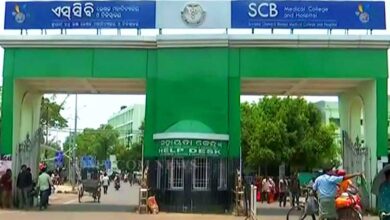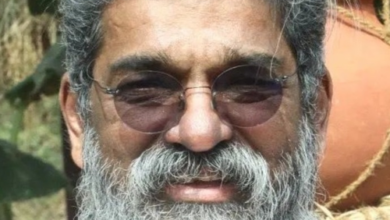
By D N Singh
“Poor illiterate fellow” Assam chief minister Himanta Biswa Sarma’s latest jibe at Rahul Gandhi was away by yards from the civility that use of language in politics demands when one describes someone personally.
To call him “poor illiterate fellow” smacks of a conscious action to defend self or defend someone. That was indeed too personal an attack from Sarma who perhaps consciously or otherwise forgot that in Indian politics education or literacy by implication has little role.
What is the percentage of literate or educated among the lot of politicians in India? Sarma may have the answer or he wittingly intends to downplay the truth come what may.
It was in bad taste by any yardstick.
There had been innumerable instances in when the polls are on the horizon language in politics takes to new lows and those have come from the highest citadels of power in India.
More so during the 2019 campaigns when several lingual slips laced the electoral horizon making it appear extremely bellicose.
“Most people who bother with the matter at all would admit that the language is in a bad way, but it is generally assumed that we cannot by conscious action do anything about it.
Our civilization is decadent and our language – so the argument runs – must inevitably share in the general collapse. It follows that any struggle against the abuse of language is a sentimental archaism, like preferring candles to electric light or hansom cabs to aeroplanes. Underneath this lies the half-conscious belief that language is a natural growth and not an instrument which we shape for our own purposes” George Orwell can be quoted.
To demean someone personally is like refusing to look at a mirror sometime or to derogate any rival by use of hurtful language in politics is like spitting at the sky . If one gets rid of these habits one can think more clearly, and to think clearly is a necessary first step toward political regeneration.






